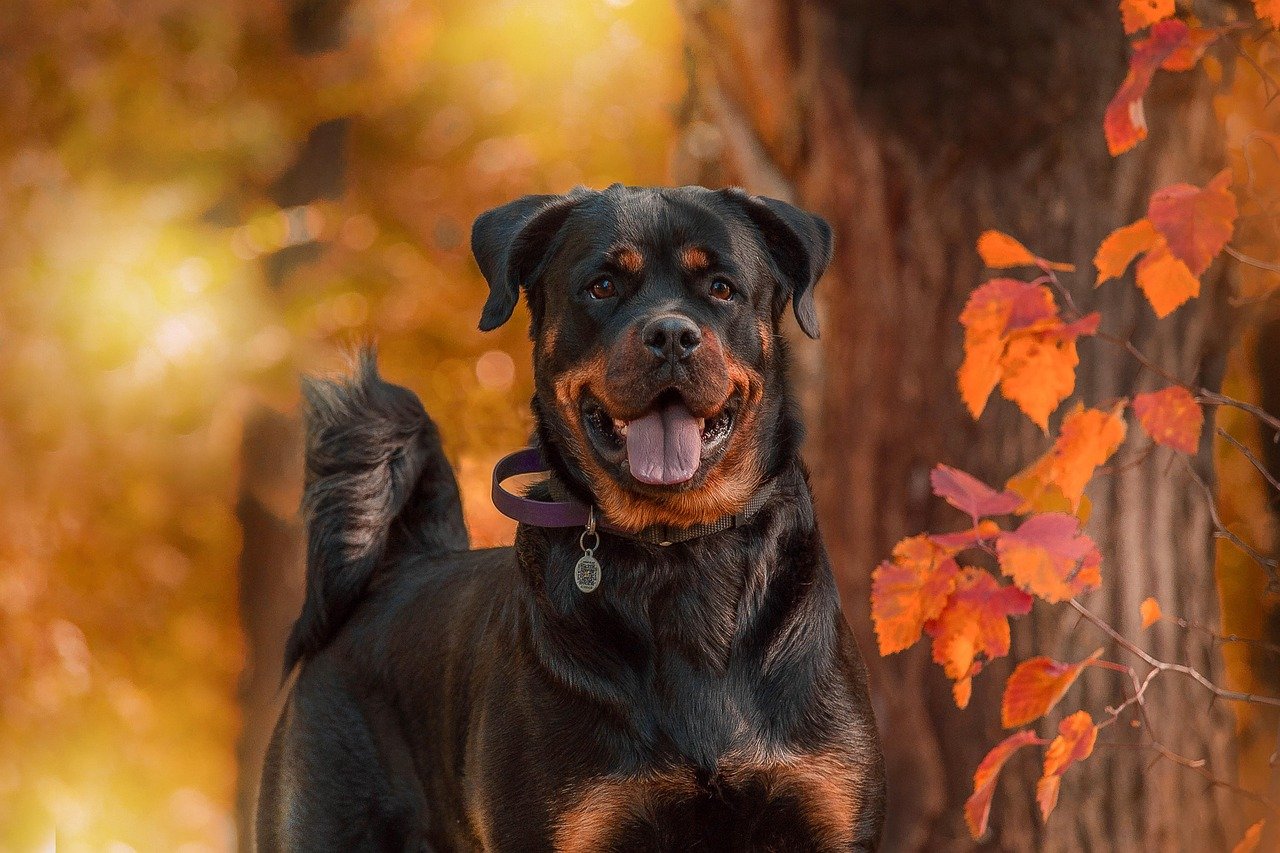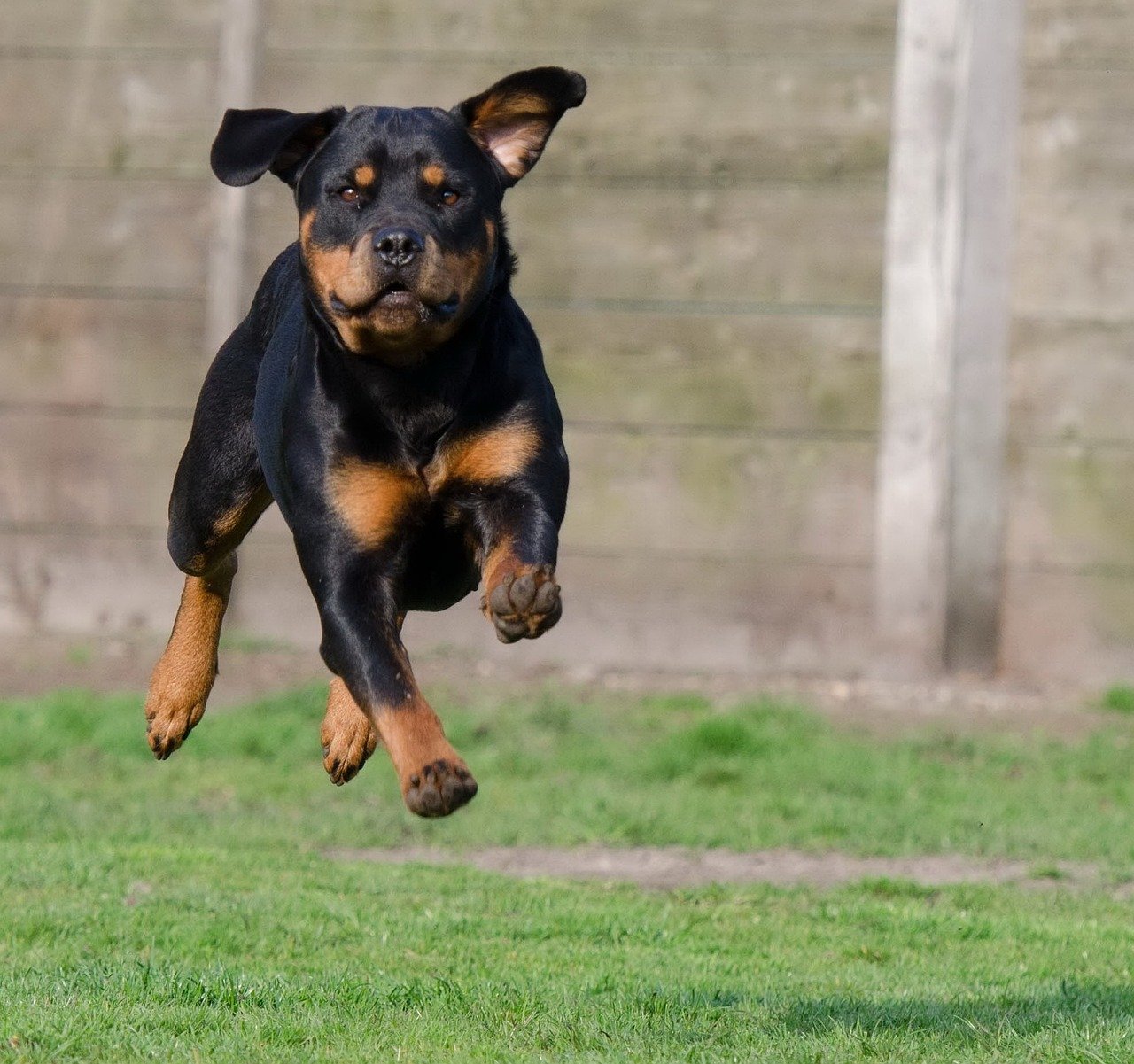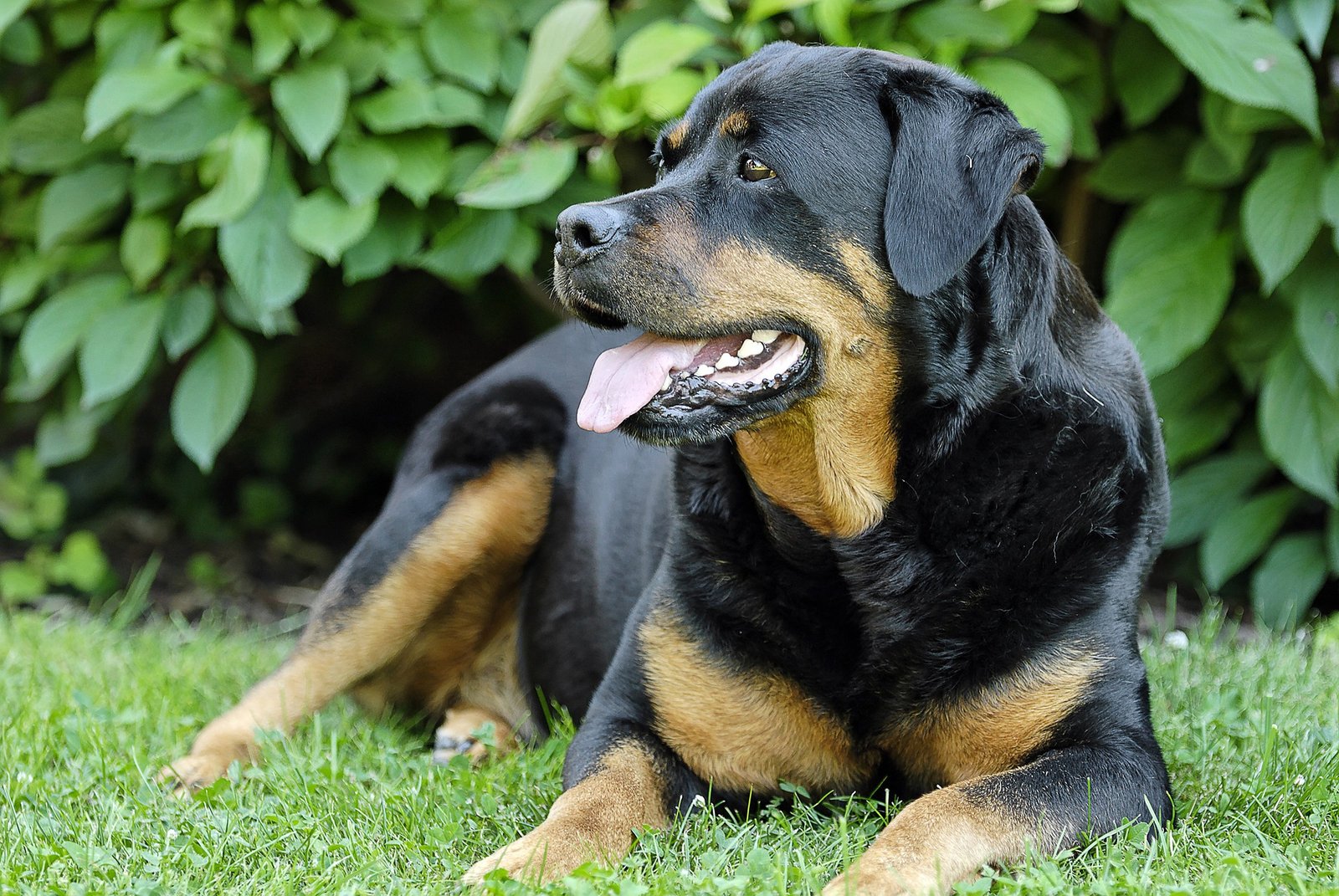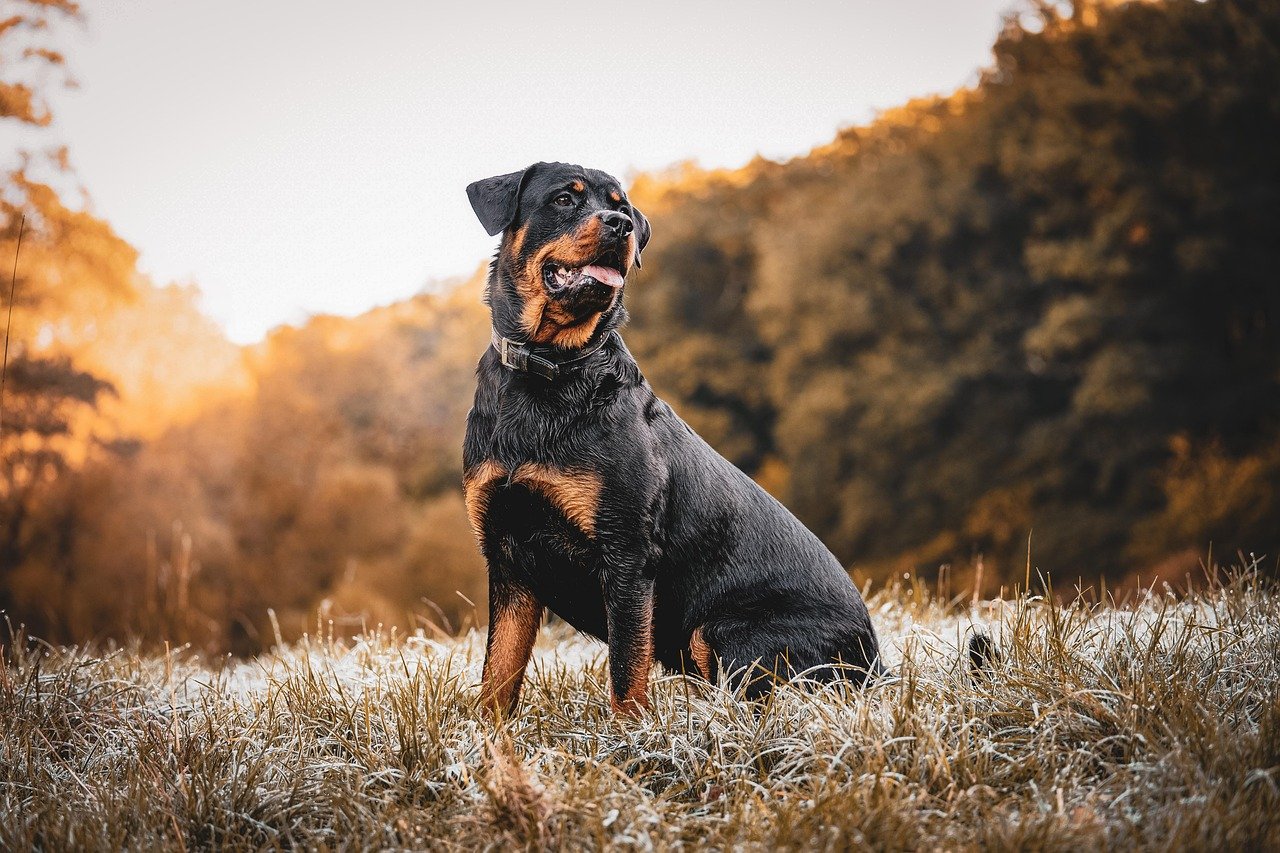Have you ever gazed at your Rottweiler’s powerful frame and wondered how to keep those muscles rippling with health and energy? These loyal companions are known for their strength and agility, but beneath that impressive physique lies a simple truth: muscle strength and overall wellness depend on what goes into their food bowl. Every Rottweiler parent wants their furry friend to thrive, bounding with confidence and living life to the fullest. But with so much conflicting advice out there, it’s easy to feel overwhelmed. The good news? You hold the power to help your Rottweiler shine from the inside out, starting with the food you choose. Get ready for eight essential diet tips that will keep your Rottie lean, strong, and bursting with vitality.
Prioritize High-Quality Protein Sources

Rottweilers are known for their powerful build, loyal nature, and impressive strength—but keeping those muscles in top shape takes more than just exercise. A well-balanced, nutrient-rich diet plays a key role in supporting your Rottweiler’s physical health, energy levels, and overall wellness. Whether your pup is a laid-back family protector or an active working dog, the right nutrition can help them stay strong, lean, and thriving at every stage of life.
Muscle strength starts with protein, the building block of your Rottweiler’s powerful body. Not all proteins are created equal, though. Opt for lean meats like chicken, turkey, beef, or fish that offer complete amino acids essential for muscle repair and growth. Avoid low-quality fillers or unnamed meat by-products, as they don’t provide the nutrition your active Rottie craves. Eggs and cottage cheese can also be added for variety, giving your dog a tasty protein boost. If your dog is a picky eater, try rotating different protein sources to keep meals exciting. Remember, protein should make up a significant portion of your Rottweiler’s diet, but balance is key—too much can strain their kidneys, so always consult your vet for the perfect ratio.
Balance Carbohydrates for Sustained Energy

Carbohydrates aren’t just for humans on the go; your Rottweiler needs them, too! The right carbs provide lasting energy to fuel playtime, walks, and training. Choose wholesome options like sweet potatoes, brown rice, or oats rather than cheap corn or wheat fillers. These complex carbs release energy slowly, preventing blood sugar spikes and crashes. Carbs are also a great source of fiber, which supports healthy digestion and keeps your dog feeling satisfied. Think of carbohydrates as the fuel that keeps your Rottie’s engine running smoothly—without them, even the strongest muscles can tire quickly. But don’t overdo it; too many carbs can lead to weight gain, so measure portions carefully.
Incorporate Healthy Fats for Optimal Muscle Function

Fats often get a bad reputation, but for your Rottweiler, they’re crucial for muscle wellness. Healthy fats like omega-3 and omega-6 fatty acids found in fish oil, flaxseed, and chicken fat help reduce inflammation, support joint health, and keep your dog’s coat shiny. These fats also supply concentrated energy, perfect for large, active breeds. Including the right fats in your dog’s diet can make a visible difference in their stamina and recovery after play. Watch out for unhealthy, processed fats that can pack on extra pounds and strain your Rottie’s heart. Instead, stick to natural sources and keep portions moderate. A little bit of the right fat goes a long way toward keeping your Rottweiler’s muscles working at their best.
Don’t Forget Essential Vitamins and Minerals

Strong muscles need more than just protein—they rely on a symphony of vitamins and minerals. Calcium and phosphorus are especially important for healthy bones and muscle contractions. Magnesium, potassium, and B-vitamins also play key roles in energy production and nerve function. While high-quality commercial dog foods are usually balanced, homemade diets may need extra supplementation. Fresh fruits and vegetables like spinach, blueberries, and carrots can provide a vitamin boost, but always check which ones are safe for dogs. If you notice signs of weakness or muscle cramps, it could signal a deficiency. In these cases, ask your vet about tailored supplements to give your Rottweiler everything they need for peak performance.
Hydration: The Often-Overlooked Secret
Water is the true unsung hero of muscle health. Dehydration can sap your Rottweiler’s strength, slow down recovery, and even lead to serious health issues. Always provide fresh, clean water—especially after exercise or on hot days. If your dog isn’t a big drinker, try adding a splash of low-sodium broth to their water or offering ice cubes as a crunchy treat. Wet dog foods can also help boost fluid intake if your Rottie tends to ignore their water bowl. Watch for signs of dehydration such as dry gums, lethargy, or sunken eyes. Remember, muscles are made up of mostly water, so keeping your dog well-hydrated is just as important as the food they eat.
Portion Control: Avoiding Overfeeding and Underfeeding
It’s tempting to spoil your Rottweiler with extra treats and large meals, but overfeeding can lead to weight gain and muscle strain. On the flip side, underfeeding can leave your dog weak and lethargic, unable to build or maintain muscle. Use a kitchen scale or measuring cup to ensure precise portions based on your dog’s age, size, and activity level. If you’re unsure, your vet can help determine the ideal amount to feed. Split meals into two or three smaller servings to keep metabolism steady and energy levels high. Watch your Rottweiler’s body condition closely—if ribs are visible or hard to find, adjust portions accordingly. The right amount of food means your Rottie stays fit, not fat.
Watch Out for Allergens and Sensitivities

Some Rottweilers develop food sensitivities or allergies that can silently sabotage their health. Common culprits include certain proteins, grains, or artificial additives. Symptoms like itching, ear infections, or digestive upsets can all point to a food intolerance. If you notice these issues, try an elimination diet or switch to a hypoallergenic formula. Look for limited-ingredient diets with simple, clean recipes to minimize the risk of reactions. Always introduce new foods gradually to avoid upsetting your Rottie’s stomach. Consulting your vet or a canine nutritionist can help pinpoint the problem and keep your dog’s muscles and overall wellness on track.
Consider Age and Activity Level in Diet Planning

A growing Rottweiler puppy needs different nutrition than a laid-back senior. Puppies require extra calories, protein, and calcium for proper growth, while seniors may need fewer calories but more joint support. Highly active Rottweilers benefit from extra protein and healthy fats to fuel their adventures, while couch potatoes need a lighter touch to avoid extra weight. Always tailor your dog’s diet to their unique needs and adjust as they age or their activity changes. Regular weigh-ins and body condition checks are your best tools for staying on track. By tuning in to your Rottweiler’s life stage and lifestyle, you’re setting them up for lifelong muscle strength and wellness.

Linnea is a born and bred Swede but spends as much time as possible in Cape Town, South Africa. This is mainly due to Cape Town’s extraordinary scenery, wildlife, and atmosphere (in other words, because Cape Town is heaven on earth.) That being said, Sweden’s majestic forests forever hold a special place in her heart. Linnea spends as much time as she can close to the ocean collecting sea shells or in the park admiring puppies.






